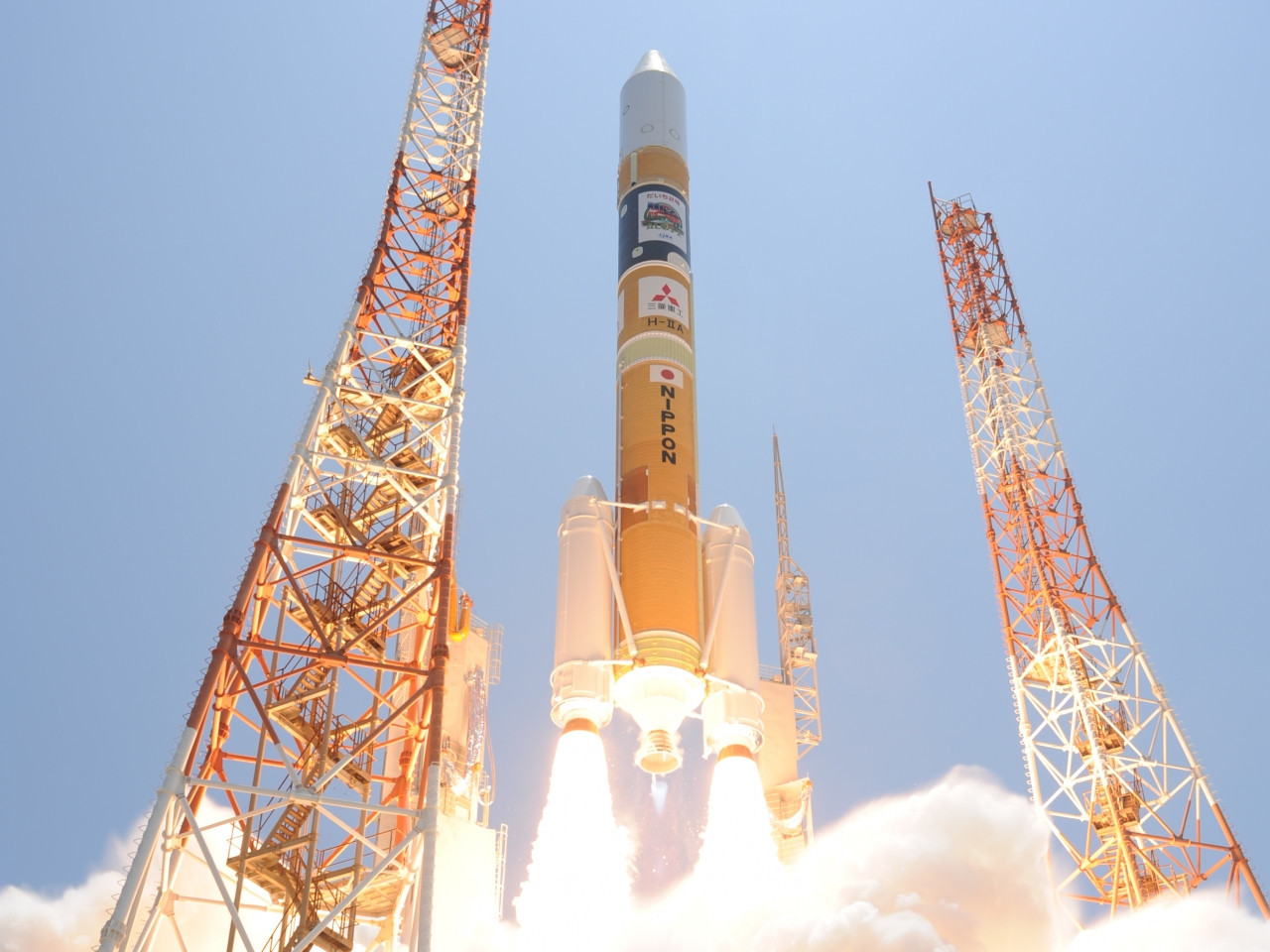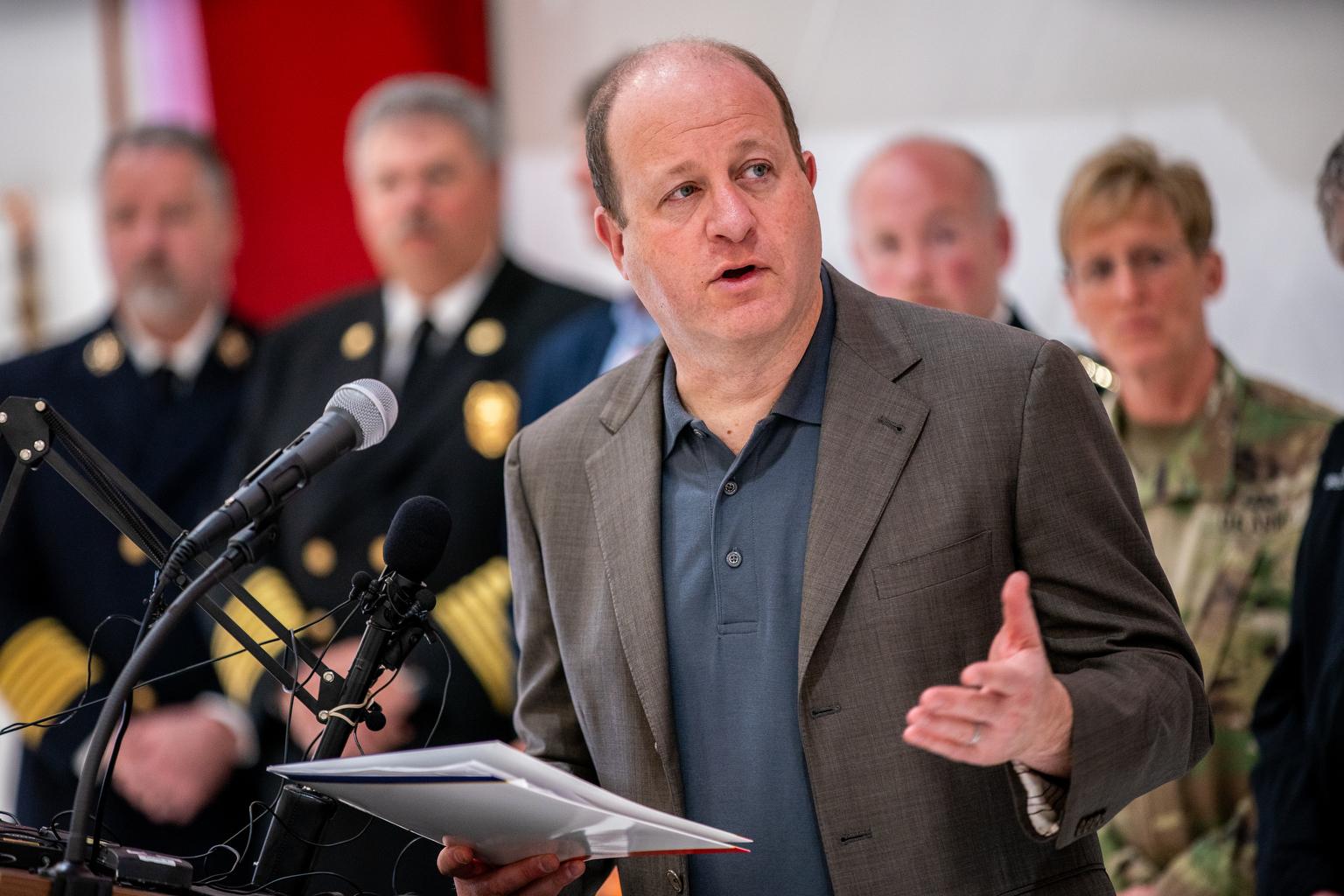
Following a seven-month journey spanning nearly 120 million miles, a piece of Colorado has entered Mars’ orbit.
The Mars Hope probe, a small spacecraft built in Boulder, was launched by the United Arab Emirates’ space program, the first Arab nation to undertake an interplanetary exploration mission. The UAE partnered with several research centers at US universities, including the Laboratory for Atmospheric and Space Physics at the University of Colorado Boulder.
Pete Withnell, who managed the Boulder-based team, described watching the probe enter Mars’ orbit this morning as a “palpable mixture of excitement and trepidation.” The program, announced in 2014, aims to develop a clearer picture of the red planet’s climate throughout a Martian year.
“What has been lacking to date is this more global seasonal diurnal understanding about how the Mars climate works, and that's really where EMM is going to fill the gap in knowledge,” Withnell said.
The spacecraft was built in Boulder by an international team that included about 150 staff from LASP. Withnell said the UAE approached LASP because of the center’s history of working on space missions. Founded before NASA existed, LASP was most recently the lead research institute for the Mars Atmosphere and Volatile Evolution mission, which launched in 2013.
Local engineers developed two unique scientific instruments that were attached to the probe, which will help collect data from the mission.
“We will understand more about how the lower atmosphere operates globally,” Withnell said. “We will also understand how the upper atmosphere interacts with, for example, the solar wind, and thirdly, we'll understand how the lower atmosphere and upper atmosphere interact with each other.”
The overall mission budget for the EMM is $200 million. Officials did not disclose how much money CU and LASP received for its contribution, but Withnell said the money was used to support “design, development, testing, [and] fabrication” efforts.
CU Chancellor Philip DiStefano applauded the international collaboration.
“This new Mars mission shows Colorado’s growing leadership in the aerospace industry, both here at home and around the world,” DiStefano said in a statement. “That our scientists and engineers can share their knowledge with the next generation of space pioneers across borders is inspiring.”









